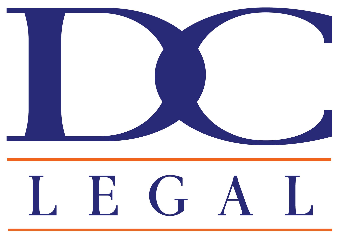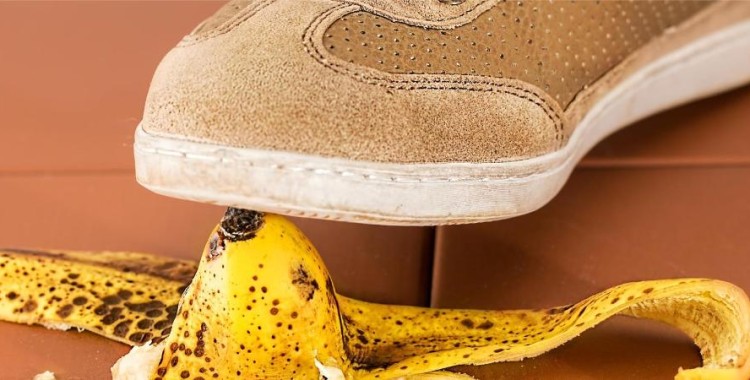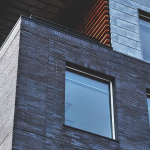The Legal Facts: Slip and Fall Accidents
We have a lot of slip and fall cases ‘walk’ into our office, which sparked the idea of posting some facts to help those who face such cases. Read on to learn more…
- A slip and fall injury is a type of tort or civil case. This means it is a private lawsuit that one person brings against another in order to recover monetary damages.
- Slip and fall injuries can occur in businesses or in private homes. Most often, slip and falls occur in stores or other public places. However, if you go to someone’s house and they have created unsafe conditions which cause you to fall and hurt yourself, that individual can be held liable — and you may be able to sue and recover damages from them and their homeowners insurance.
- Standards for a slip and fall injury differ depending on the location where the accident took place. If you are in a public business, the business has a higher duty of care. You are considered an invitee and they must make sure the premises is safe. If you are in a home, on the other hand, you are a licensee only and that homeowner does not owe you the same duty of care as a store owner does. As such, it will be harder to prove negligence and to recover for a slip and fall injury if it occurs at a private home.
- A personal injury attorney can help you bring a tort case. If you want to sue as a result of your fall and your injuries, a personal injury attorney can help you file the necessary papers and collect the necessary evidence to do so.
- It is your burden to prove the negligence. If you fall and hurt yourself, the other party is liable only if their actions were a breach of legal duty that caused your fall. As the plaintiff, it is your burden to prove this. You must prove it by a preponderance of the evidence, which means you have to prove that — more likely than not — the defendant was negligent in creating the conditions that led to your fall.
- You will have to prove damages. This means you have to prove you actually suffered some type of harm that you can be monetarily compensated for.
- Your recovery can be reduced if your negligence contributed to your injury. Under the laws of most states, you can still recover damages even if you were partially at fault for the fall. Your damages will simply be reduced by the percentage of responsibility that belongs to you, as decided by the court.
- Your damages will be based on the extent of your actual injuries. The more severely injured you are, the more monetary compensation will be appropriate to pay for your medical bills, pain and suffering, or emotional distress.
- Emotional distress damages may also be considered. In addition to compensation for your actual injury, if you experienced stress or fear as a result of your fall or the resulting injury, this is compensable as well.
- Most slip and fall cases settle out of court. This means that most of the time, you won’t have to go to trial and the defendant will simply offer you a lump sum payment.
Have questions regarding a potential slip and fall case? Contact us.







